07-19-13 | Blog Post
HIPAA Violations Cost Health Insurer $1.7 Million: Lessons Learned
Reuter’s reports that WellPoint, Inc., the second largest U.S. health insurer, has reached a $1.7 million settlement with the Dept. of Health and Human Services as result of a data breach that exposed over 600k health records. WellPoint’s online database was found to be problematic for a few different reasons, as outlined in their resolution agreement. Read on for possible technical and strategic security solutions you can employ in your organization to avoid a similar fate:
Problem 1:
Lacking technical safeguards to verify the person or entity seeking access to ePHI (electronic protected health information) in their database.
Solution:
Wherever ePHI exists, technical security services should be employed for authentication and authorization purposes. One way to do this is to keep ePHI on secure servers, in secure, HIPAA compliant data centers, and use two-factor authentication for VPN access. Limited access should be allowed only for certain users with unique IDs.
Problem 2:
Inadequate policies and procedures authorizing access to their online application database.
Solution:
For the HIPAA Security Rule, policies and procedures are key to maintaining administrative security within a healthcare or business associate organization. Not only should your organization develop policies, but your risk management officer should also conduct staff training and enforce the policies regularly.
Problem 3:
Failed to perform an appropriate technical evaluation in response to a software upgrade to its IT systems.
Solution:
The HHS press release cautions healthcare organizations to have safeguards in place whenever systems upgrades are conducted by covered entities or their business associates. One way to ensure your business associates or their subcontractors have the technical, administrative and physical security in place to meet HIPAA compliance standards is to check their independent audit report against the OCR HIPAA Audit Protocol.
One example is with a HIPAA hosting provider that may support a HIPAA compliant cloud on which an online application is hosted – don’t trust sensitive patient data with hosting providers that don’t thoroughly understand the regulatory needs of the healthcare industry. Securing ePHI starts with vetting your business associates and subcontractors that store the data.
For more about HIPAA security, read our HIPAA Compliant Hosting white paper.

References:
WellPoint Pays HHS $1.7 Million for Leaving Information Accessible Over Internet
Reuter’s reports that WellPoint, Inc., the second largest U.S. health insurer, has reached a $1.7 million settlement with the Dept. of Health and Human Services as result of a data breach that exposed over 600k health records. WellPoint’s online database was found to be problematic for a few different reasons, as outlined in their resolution agreement. Read on for possible technical and strategic security solutions you can employ in your organization to avoid a similar fate:
Problem 1:
Lacking technical safeguards to verify the person or entity seeking access to ePHI (electronic protected health information) in their database.
Solution:
Wherever ePHI exists, technical security services should be employed for authentication and authorization purposes. One way to do this is to keep ePHI on secure servers, in secure, HIPAA compliant data centers, and use two-factor authentication for VPN access. Limited access should be allowed only for certain users with unique IDs.
Problem 2:
Inadequate policies and procedures authorizing access to their online application database.
Solution:
For the HIPAA Security Rule, policies and procedures are key to maintaining administrative security within a healthcare or business associate organization. Not only should your organization develop policies, but your risk management officer should also conduct staff training and enforce the policies regularly.
Problem 3:
Failed to perform an appropriate technical evaluation in response to a software upgrade to its IT systems.
Solution:
The HHS press release cautions healthcare organizations to have safeguards in place whenever systems upgrades are conducted by covered entities or their business associates. One way to ensure your business associates or their subcontractors have the technical, administrative and physical security in place to meet HIPAA compliance standards is to check their independent audit report against the OCR HIPAA Audit Protocol.
One example is with a HIPAA hosting provider that may support a HIPAA compliant cloud on which an online application is hosted – don’t trust sensitive patient data with hosting providers that don’t thoroughly understand the regulatory needs of the healthcare industry. Securing ePHI starts with vetting your business associates and subcontractors that store the data.
For more about HIPAA security, read our HIPAA Compliant Hosting white paper.

References:
WellPoint Pays HHS $1.7 Million for Leaving Information Accessible Over Internet



